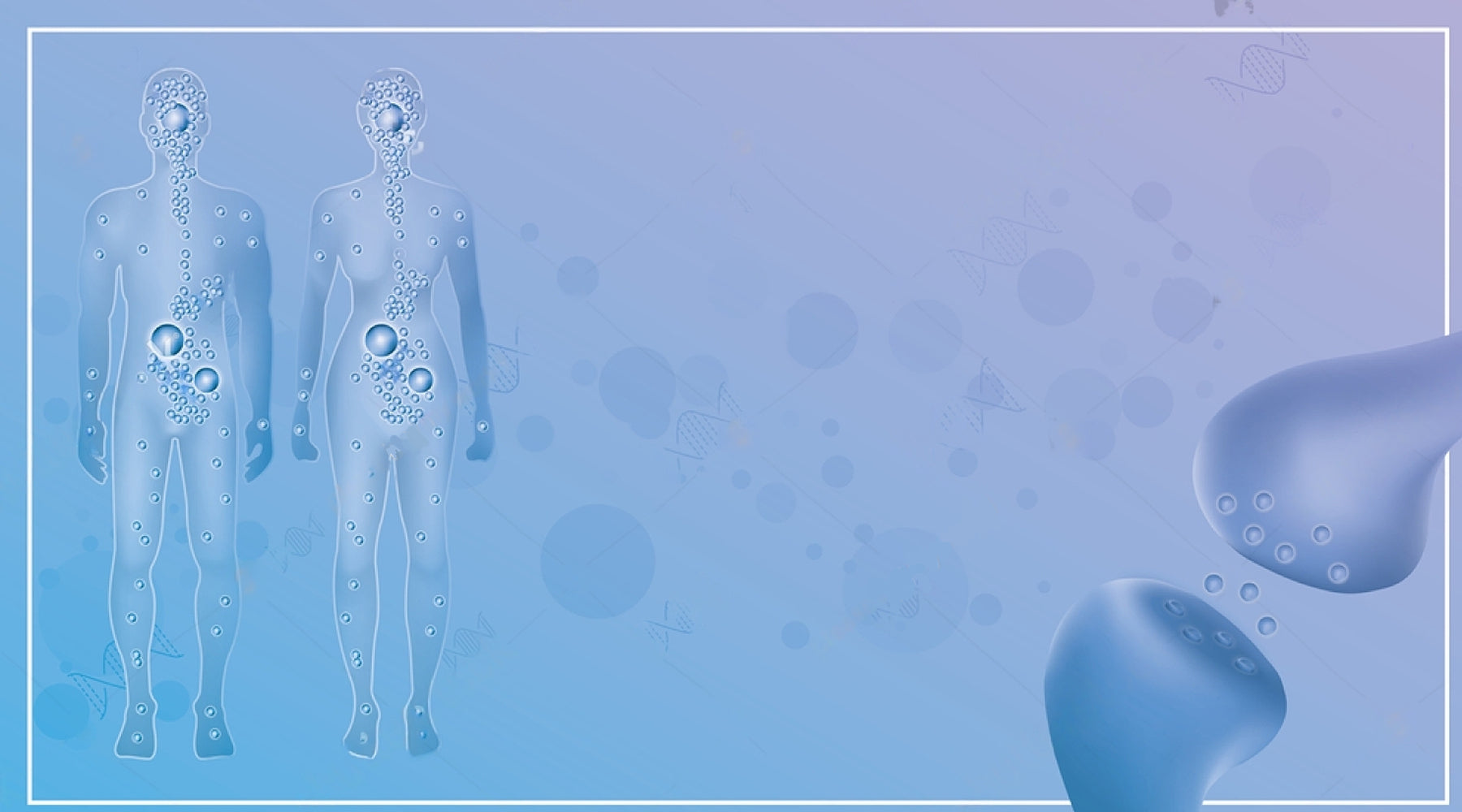The Endocannabinoid System (ECS) is a complex cell-signaling network found throughout the human body that plays a crucial role in regulating numerous physiological processes. Discovered in the early 1990s by researchers studying cannabis, the ECS helps maintain balance (also known as homeostasis) within the body. This system affects various functions, including mood, appetite, sleep, immune response, and pain. Let’s dive into the essential aspects of the endocannabinoid system, its receptors, and how it functions to support overall well-being.
What is the Endocannabinoid System?
The Endocannabinoid System is present in all vertebrates and consists of three main components: endocannabinoids, receptors, and enzymes. These elements work together to regulate essential bodily functions, ensuring balance and harmony.
-
Endocannabinoids – These are molecules produced by the body that bind to cannabinoid receptors. The two most studied endocannabinoids are anandamide (AEA) and 2-arachidonoylglycerol (2-AG). They are responsible for activating cannabinoid receptors and promoting their effects on various systems in the body.
-
Endocannabinoid Receptors – There are two main types of receptors in the ECS: CB1 and CB2.
- CB1 receptors are primarily found in the brain and central nervous system. These receptors help regulate processes such as pain perception, mood, and memory.
- CB2 receptors are predominantly located in the peripheral nervous system and immune cells. CB2 receptors modulate inflammation and immune responses.
-
Enzymes – Once endocannabinoids have carried out their function, enzymes break them down. One of the primary enzymes involved in this process is the fatty acid amide hydrolase (FAAH), which breaks down anandamide. The other primary enzyme is monoacylglycerol lipase (MAGL), which breaks down 2-AG.

What Does the Endocannabinoid System Do?
The ECS plays a vital role in maintaining homeostasis, ensuring that the body’s internal environment remains stable despite external changes. It affects numerous physiological processes including:
- Pain regulation – The ECS helps manage pain by interacting with CB1 receptors in the nervous system.
- Immune response – By activating CB2 receptors, the ECS helps regulate immune function and control inflammation.
- Mood and mental health – Endocannabinoid activity in the brain influences mood, anxiety, and emotional stability.
- Appetite and metabolism – The ECS plays a role in controlling hunger signals and energy balance.
- Sleep – ECS activity impacts sleep patterns, helping maintain restful and restorative sleep.
How Cannabis Interacts with the Endocannabinoid System
Cannabinoids from the cannabis plant, such as THC and CBD, interact with the ECS to produce various effects. THC binds to both CB1 and CB2 receptors, creating psychoactive effects by activating CB1 receptors in the brain. CBD, on the other hand, does not directly bind to CB1 or CB2 receptors but influences the ECS in a more indirect way, potentially inhibiting the breakdown of endocannabinoids and enhancing their effects.
Why Understanding the Endocannabinoid System is Important for THC Users
The more we learn about the endocannabinoid system, the more we understand how cannabis-derived products like THC and CBD interact with the body. This knowledge can help users make more informed decisions about THC product usage and dosing. This allows them to tailor their experience to their specific needs — whether for pain management, relaxation, or improved sleep.
Our Summary of the Endocannabinoid System
The Endocannabinoid System is a vital component of our health, influencing many aspects of our physical and mental well-being. Whether you’re using THC, CBD, or even other cannabinoids, understanding how they interact with your ECS can help you optimize their effects.
For full panel lab tested THC products that support your ECS, visit Ethereal Gold Dispensary today!
FAQ
What is the Endocannabinoid System?
The endocannabinoid system (ECS) is a cell-signaling network that helps regulate various functions in the body, including mood, sleep, and immune response.
What are the main components of the Endocannabinoid System?
The ECS consists of endocannabinoids, cannabinoid receptors (CB1 and CB2), and enzymes that break down endocannabinoids after they’ve completed their functions.
How does THC affect the endocannabinoid system?
THC binds to CB1 and CB2 receptors in the Endocannabinoid System, primarily affecting CB1 receptors in the brain to produce psychoactive effects and regulate other bodily functions.
What does the Endocannabinoid System do?
The ECS helps maintain homeostasis in the body by regulating functions like pain, inflammation, mood, appetite, and sleep.
How does CBD interact with the Endocannabinoid System?
CBD interacts indirectly with the Endocannabinoid System, potentially inhibiting the breakdown of endocannabinoids and promoting their effects without binding directly to CB1 or CB2 receptors.







